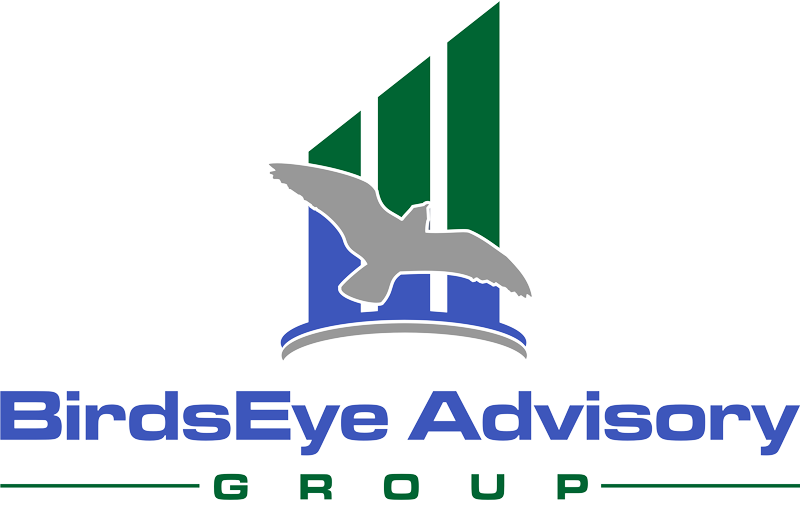An Interview with Jason Wagner, Tax Partner at ESK&H CPA Firm
1. What is the most significant development for 2012 and beyond in tax legislation for small and mid sized business owners?
It depends on your situation, industry, or the life cycle stage of your business. However, when I think about the current tax climate, the combination of the rising individual tax rate as it contrasts with the reducing of corporate tax rates comes to mind. For example, the highest federal individual tax rate is approximately 43.4% (beginning in 2013, including the income tax rate of 39.6%, plus the additional healthcare reform tax of 3.8%). Then consider Obama’s perspective that the US corporate tax rate (among the highest in the world) must be reduced (proposing the rate be reduced to 28%). So in my opinion, the most important tax legislation question facing business owners is: should successful flow-through businesses (S- Corps and LLC’s) pay 150% of the taxes that corporations pay? Stay tuned as this issues develops.
2. Given the legislation that has recently passed, are shareholders who are considering a sale well suited to consider doing so prior to year end?
Transaction volumes are trending up substantially and I expect them to stay that way through year-end. Considering personal long-term capital gains tax rates are increasing 33% in January 2013 (from 15% to 20%, for federal tax rates), I have been advising my clients who are contemplating a sale to investigate the possibility of doing it before year end to save substantially on taxes. I also advise them not to wait much longer, because buyers understand sellers needs to close the transaction before year-end and may use this in negotiations if the deal is being rushed.
3. It has been said that from a tax perspective, an asset sale is more beneficial to the buyer and a stock sale to the seller. Why is that?
Generally yes, asset sales are more beneficial for buyers and stock sales for sellers. For a buyer, they generally want an asset transaction because they get a tax step-up in basis and future tax deductions (a “step-up”). For a seller, they generally want a stock sale because it minimizes their tax rate on the sale of an investment that qualifies for long-term capital gains treatment.
A buyer in a stock acquisition generally does not get a step-up in tax basis in assets and takes a carryover basis (which can be substantially reduced, negligible or even negative in some cases). The secret is for buyers and sellers to understand and structure the deal to obtain efficiencies, given the overall situation. Quite often, with the conflicting bias of the seller and buyers, there is no simple (or more specifically, no perfect) answer.
4 What sorts of things can shareholders do to minimize the tax effect from an asset sale? Stock sale?
Minimizing the tax impacts is very specific to each situation. My advice is to go through a planning process with a qualified tax professional that specializes in this area. Ensure you set up and sell from the right structure, in the right way, considering after-tax proceeds and retain a tax advisor who can help evaluate the myriad of complex possibilities. A common planning opportunity in an asset sale is making sure the purchase price allocation is completed and negotiated early. There are countless other planning opportunities and after transaction tax planning, sellers often have unrelated planning opportunities that can sometimes offset and mitigate the taxes related to the sale.
5.Compare and contrast the 2011 tax environment to 2012 for business owners contemplating a transaction.
2011 was another year of strict bank lending relative to many transactions and therefore financial buyers (private equity, private investors) were cautious. Strategic buyers were trying to grow despite the economic headwind, and, as it relates to lending, had more conservative traditional collateral and lending capacity as compared to private equity. In summary, 2011 was, in general, a landslide victory in the transaction markets going to strategic buyers. Halfway through 2012, the edge may still go to strategic buyers, but it is a more balanced year with increased activity coming from banks in a lending capacity to close deals, as well as significantly increased private equity activity. To any businesses expecting to close a deal in 2012, my most important advice is to start as soon as possible.
Jason, how can you be reached in case my readers have more questions? Jwagner@eksh.com or 303-846-1244.
Carol Frank of Boulder, CO, is the founder of four companies in the pet industry and a Managing Director with BirdsEye Advisory Group, where she advises pet companies in M&A transactions and Exit Planning. She is a former CPA, has an MBA, is a Certified Mergers and Acquisitions Advisory (CM&AA) and holds Series 79 and 63 licenses. She highly values and incentivizes referrals and can be reached at cfrank@birdseyeadvisory.com.
